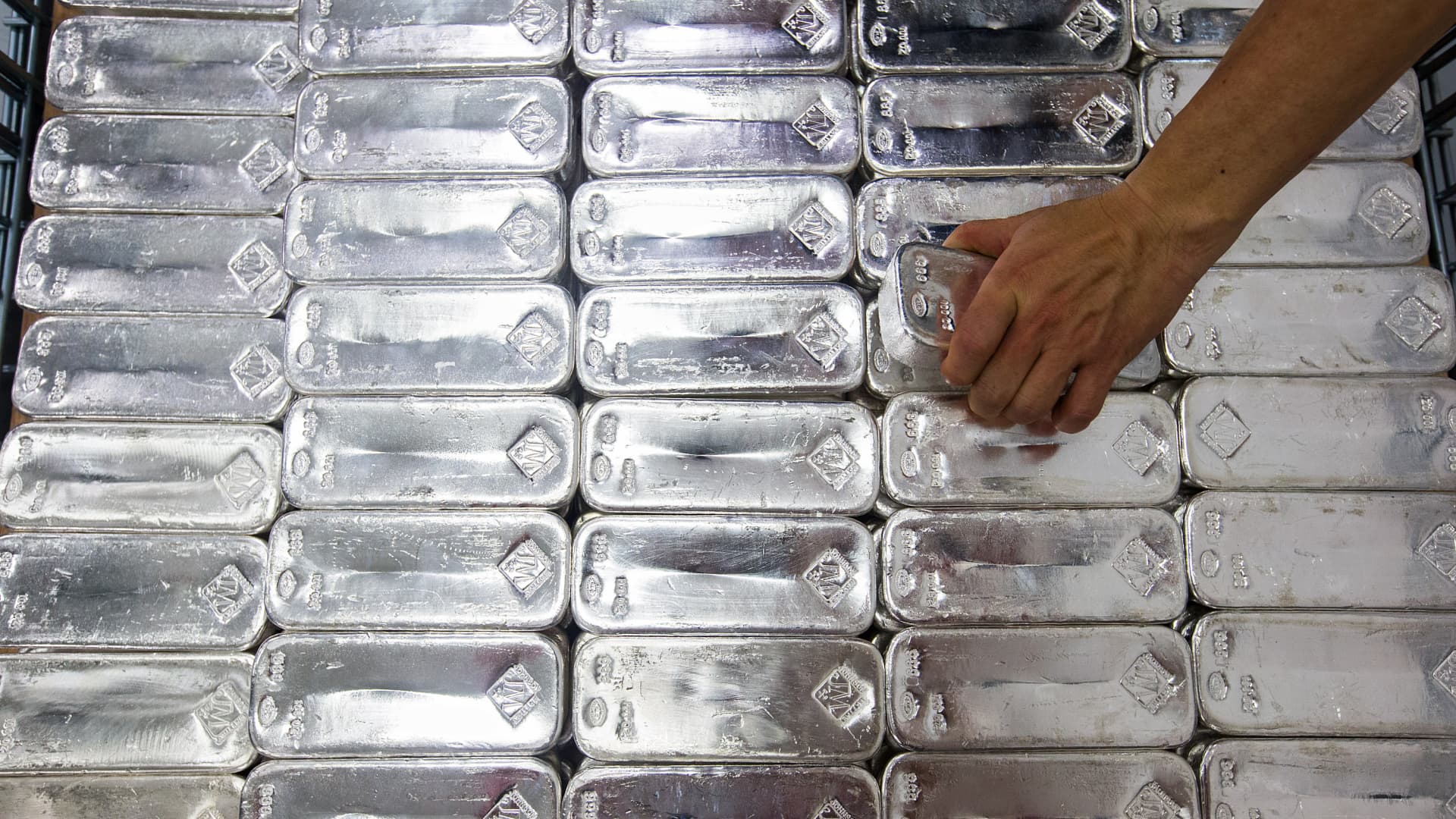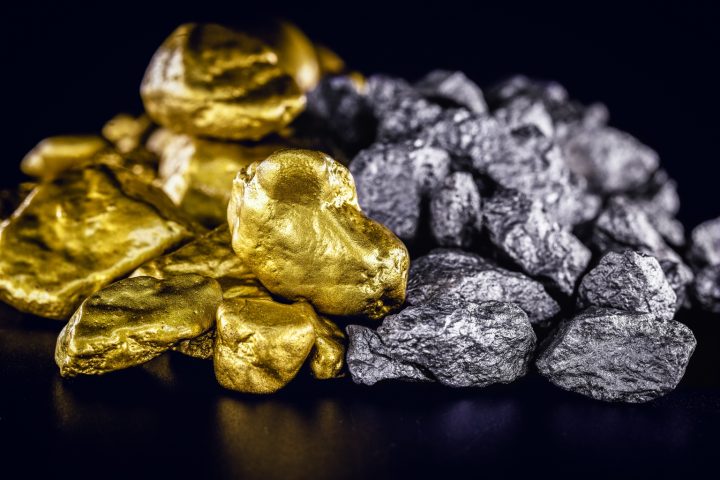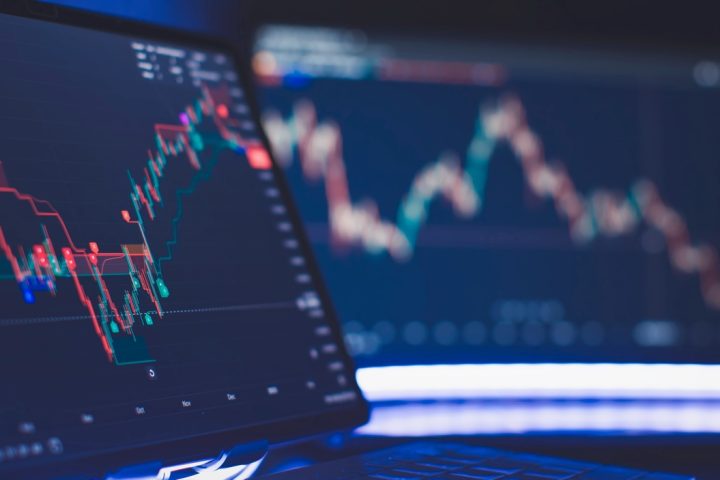This could be a banner year for silver, with prices potentially hitting a decade-high.
Global silver demand is forecast to reach 1.2 billion ounces in 2024, which would mark the second-highest level on record, the Silver Institute said in a recent report.
“Stronger industrial offtake is a principal catalyst for the rising global demand for the white metal, and the sector should hit a new annual high this year,” said the institute, a nonprofit international association comprising various members across the silver industry. Silver is used primarily for industrial purposes and commonly incorporated in the manufacturing of automobiles, solar panels, jewelry and electronics.
“We think silver will have a terrific year, especially in terms of demand,” Michael DiRienzo, executive director of the Silver Institute told CNBC. He expects silver prices to reach $30 per ounce, which would be a 10-year high, according to data from LSEG.
Silver, which was trading at $22.4 per ounce, last hit $30 in February 2013.
Here’s what usually happens with silver — it does move with gold, but it moves later
Randy Smallwood
CEO of Wheaton Precious Metals
The institute sees a 9% climb in demand for silverware and a 6% rise in jewelry demand this year, with India expected to drive the jump in jewelry purchases. A projected recovery in consumer electronics is also poised to give the silver market an additional boost, the report stated.
That said, the institute noted that in the short term, a slowing Chinese economy and decreased odds of U.S. interest rate cuts early in the year could present a headwind to silver institutional investment.
However, the tides could turn in the second half of 2024, when most market watchers believe the U.S. Federal Reserve will start cutting rates.
Silver prices, like gold, tend to have an inverse relationship with interest rates. A higher interest rate environment hurts demand for silver and gold as the precious metals do not pay any interest, making them less appealing compared to alternative investments like bonds.
Outperform gold?
Silver carries the ignominious title of being gold’s poorer cousin, but the two share a positive correlation when it comes to prices, albeit with a lag.
“Here’s what usually happens with silver: it does move with gold, but it moves later,” Randy Smallwood, CEO of Wheaton Precious Metals, told CNBC.
Due to silver’s extensive industrial applications, its performance is tied closely to the health of the overall economy or business cycle. In contrast, gold prices usually rise during times of economic weakness or uncertainty.
In that vein, silver is more sensitive to economic changes and more volatile than gold. It tends to outperform the yellow metal during periods of strong economic expansion but underperforms when there is economic stress.
The relationship can be monitored through the gold-silver ratio, which tracks how many ounces of silver it takes to buy one ounce of gold. Currently, 90 ounces of silver are needed to purchase one ounce of gold.
“Gold will shoot up first and then you will see silver take off rapidly. And silver always outperforms. It’s just late,” said Smallwood, adding that a $50 mark for silver is possible, but only after gold moves through $2,200. Gold prices are currently at $2,034 per ounce.
Silver Institute’s DiRienzo echoed similar sentiments: “Silver indeed could outperform gold, especially when the Fed begins to ease rates.”
Read the full article here







